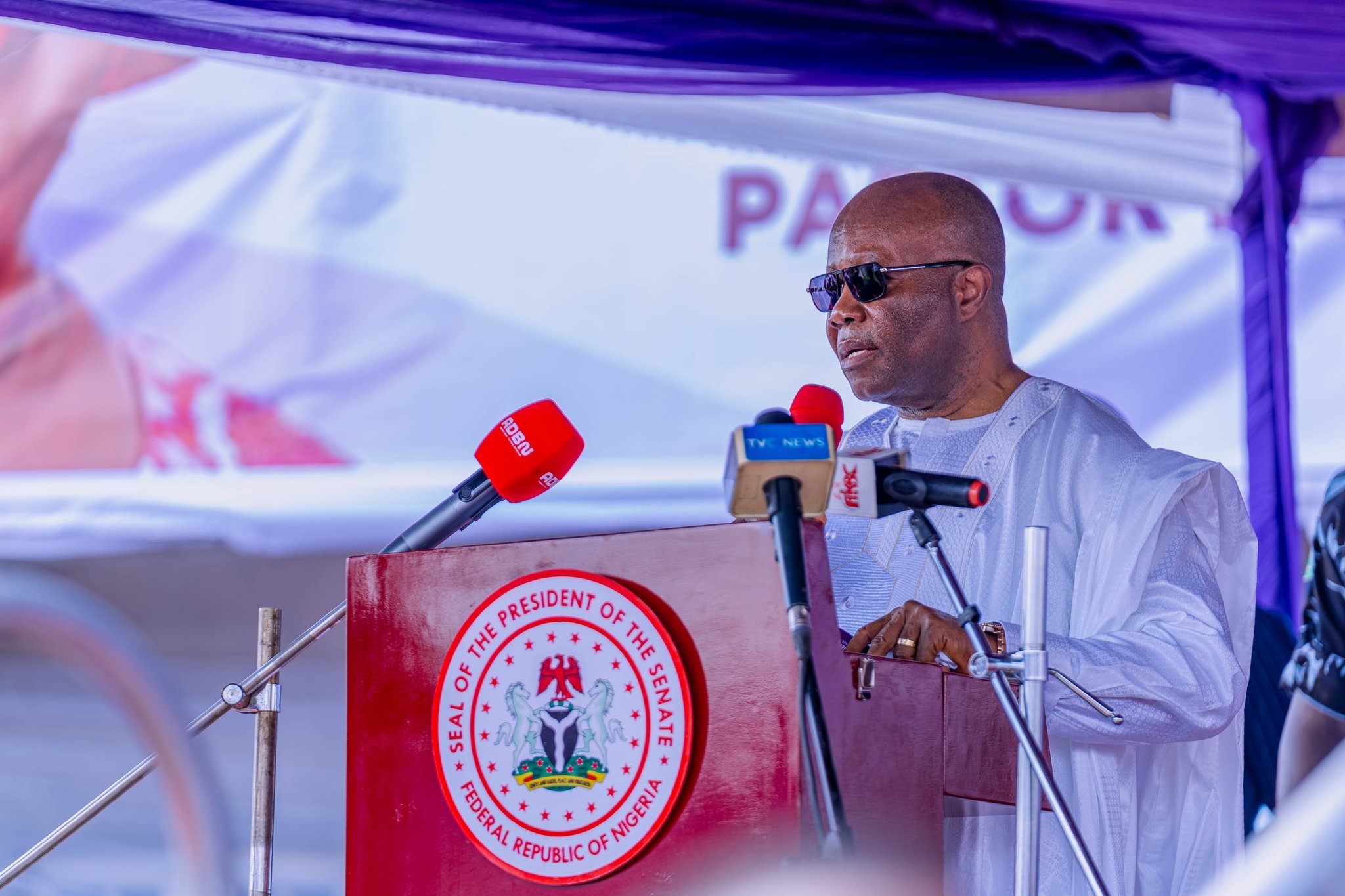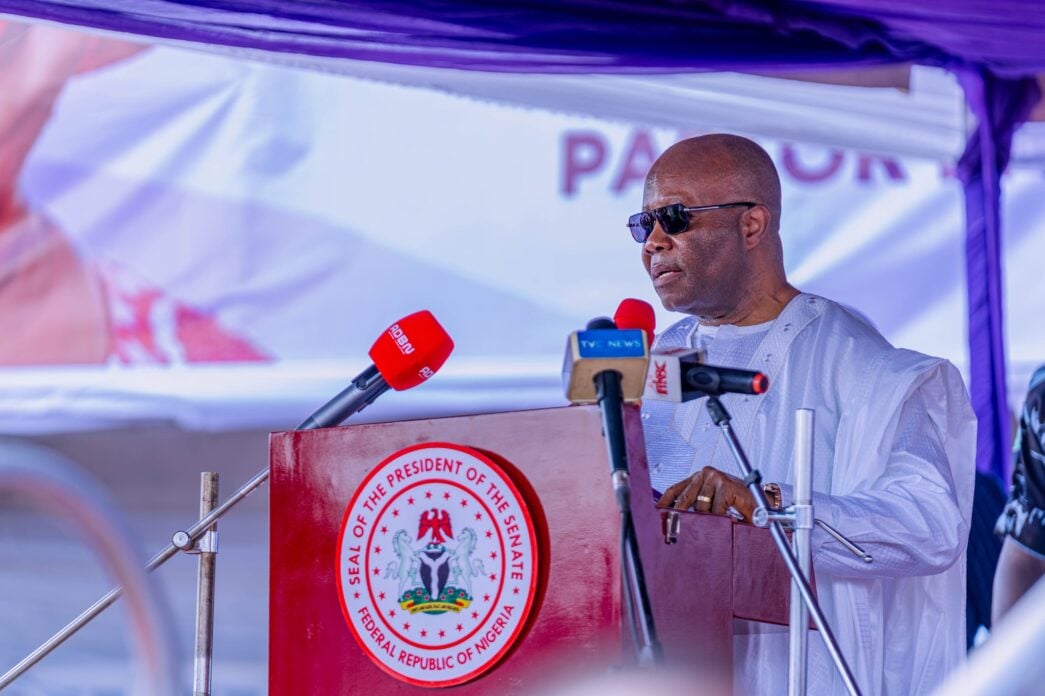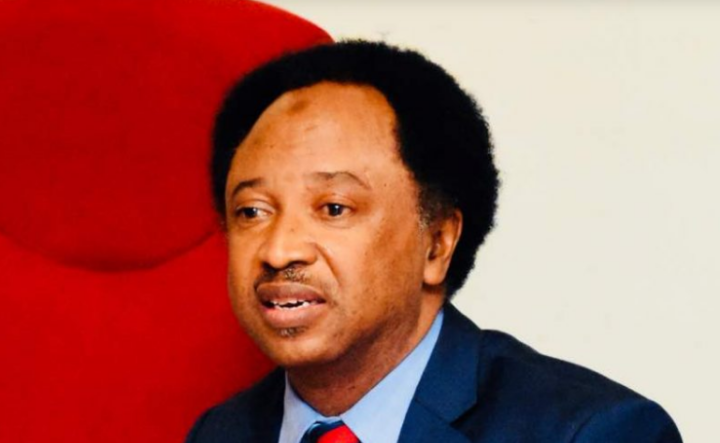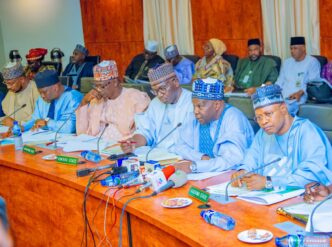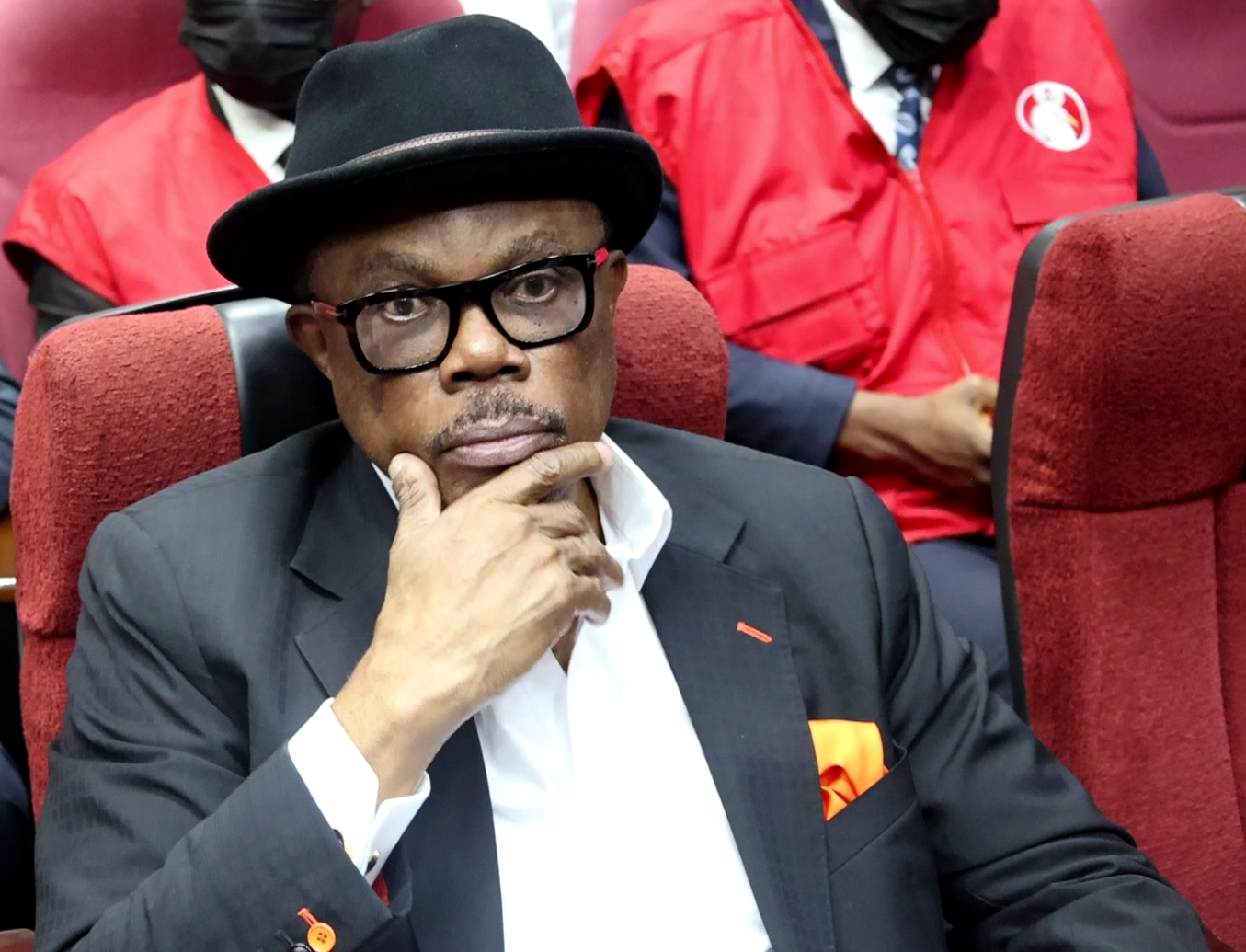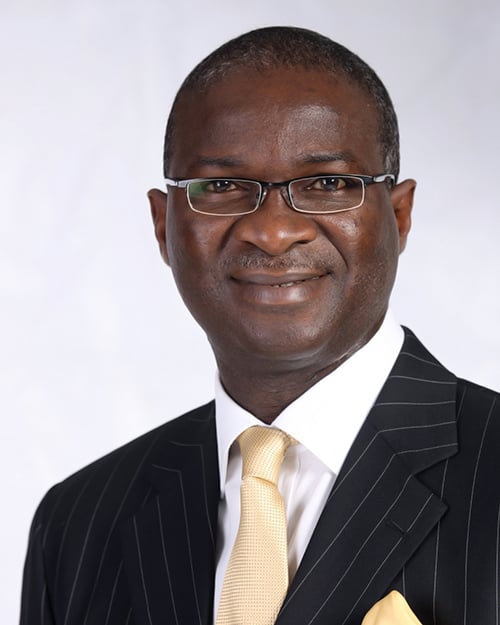Godswill Akpabio, senate president
Senate President Godswill Akpabio says funding for Nigeria’s health sector remains far below the commitments the national assembly has made at continental and global levels.
Akpabio spoke on Monday at a public hearing organised by the senate committee on health (secondary and tertiary) in Abuja.
The hearing considered five health-related bills, including the sickle cell disorder research and therapy centres (establishment) bill sponsored by Sunday Katung, senator representing Kaduna south.
Other bills were the national health act (amendment) bill sponsored by Ipalibo Banigo, senator representing Rivers west, which seeks increased funding for the sector; and the orthopaedic hospital establishment bill sponsored by Isa Jibrin, senator representing Kogi east.
Advertisement
Two additional bills sought to establish national eye care centres in Plateau and Benue states and were sponsored by Diket Plang, senator representing Plateau central, and Titus Zam, senator representing Benue north-west.
Represented by Mohammed Monguno, senate chief whip, Akpabio said the amendment to the national health act aims to strengthen the financial framework supporting primary healthcare, disease prevention, workforce development and emergency response.
“Increased funding is not an expense — it is an investment in national security, economic growth, and human capital,” he said.
Advertisement
Akpabio added that each bill responds to real health challenges affecting millions of Nigerians across the country.
“Nigeria has the highest burden of sickle cell disease in the world. Every year, thousands of our children are born with sickle cell disorder, and many do not survive to adulthood due to inadequate diagnosis and poor access to therapy,” Akpabio said.
He said the sickle cell bill would establish research and therapy centres to advance scientific knowledge, improve patient care, and reduce mortality.
Akpabio noted that the national assembly remains committed to strengthening the country’s health architecture and ensuring that legislation reflects citizens’ needs.
Advertisement
Banigo, who chairs the committee and sponsored the national health act amendment bill, said the proposal seeks to raise the basic healthcare provision fund allocation from one percent to two percent of the consolidated revenue fund.
“This is necessitated by the abysmally low current allocation, which cannot meet national health needs,” she said.
In his presentation, Katung said the sickle cell disorder bill proposes seven specialised centres — one in each geopolitical zone and one in the federal capital territory.
“These centres represent our commitment to providing Nigerian children living with sickle cell disorder with the same standard of care available elsewhere in the world,” he said.
Advertisement
Katung added that Nigeria records about 150,000 babies born with the condition annually and that the new centres would serve as hubs of excellence offering specialist care and counselling for families.
Advertisement
